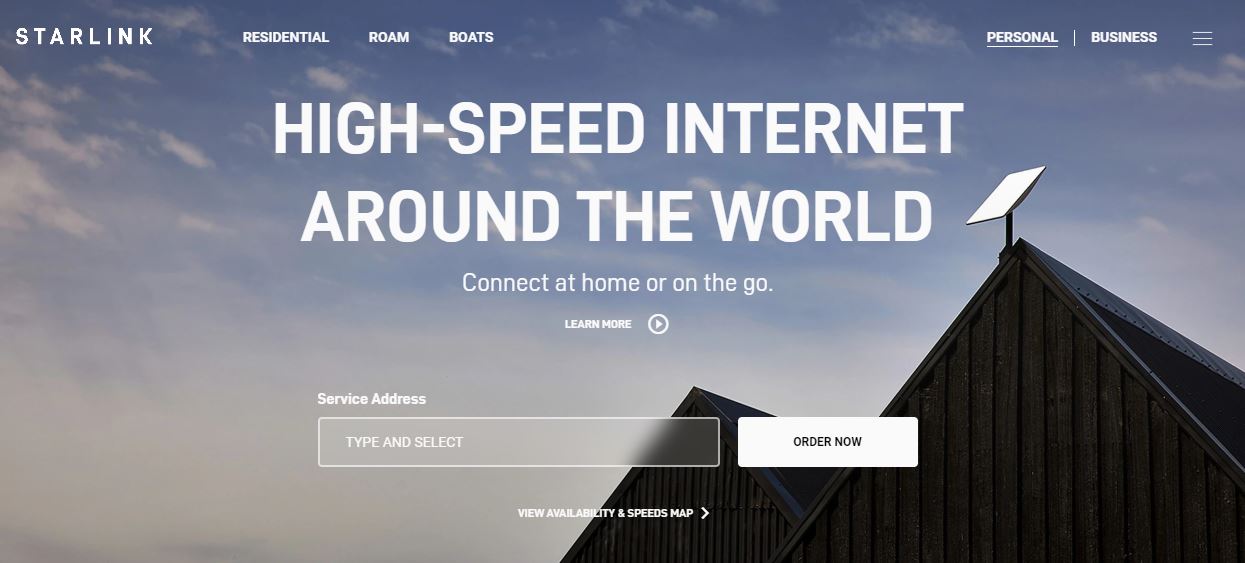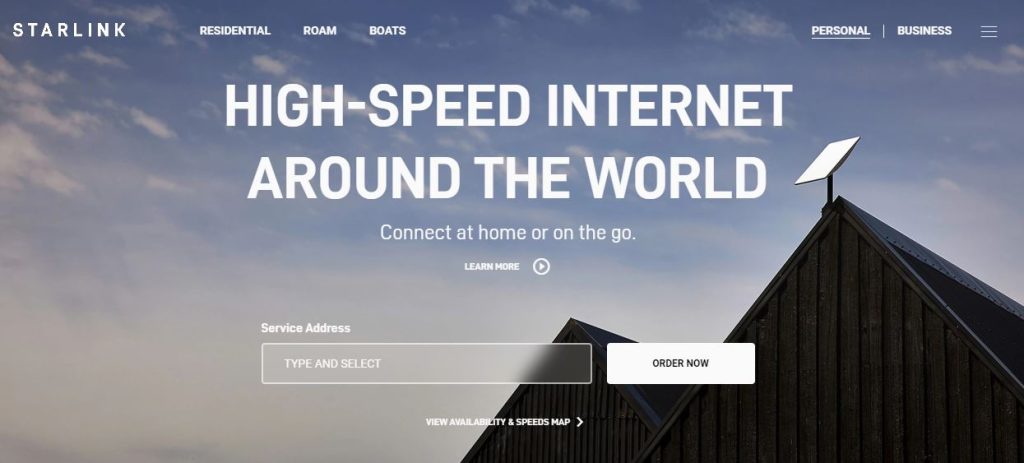Physical Address
60 Ekwema Cres, Layout 460281, Imo
Physical Address
60 Ekwema Cres, Layout 460281, Imo

South Africa missing from Starlink launch: SpaceX’s Starlink satellite internet service has arrived in Madagascar, making it the tenth African country to enjoy its high-speed connectivity.
This makes South Africa the only country in the southern region yet to receive official confirmation of access to it.
Related Also: South Africans Launch New Payment Ring
Note, that of the African countries with Starlink access, Madagascar has the most affordable hardware, costing MGA 1,120,000 (R4,549).

It is also offering an early adopter promotion for 29% off until 13 July. Zambia previously held the title for the cheapest hardware at ZMW 8,000 ($302.99).
The shipping and handling comes in at MGA 109,000 (R443), and a monthly roaming subscription costs MGA 451,200 (R1,833).
This is on the more expensive part of the spectrum, with Nigeria having the cheapest subscription at NGN49,000 (R576), while Mozambique’s monthly fee works out to R2,101.
Also Read: Starlink To Offer Satellite Internet Directly To Phones
Two additional accessories are available from the Starlink website: an ethernet adapter that costs MGA 351,000 (R1,426) and a 45-metre cable priced at MGA 648,000 (R2,632)
Starlink’s Madagascar launch announcement comes a few days after it confirmed a timeframe for activating the service in Lesotho.
This leaves South Africa missing from the Starlink launch.
Namibia is slated to receive coverage in 2025, with Zimbabwe and Botswana following around the same time as Lesotho.
By year-end, South Africa will be surrounded by countries enjoying its satellite internet access.
South Africa Missing From Starlink Launch: The uncapped low-earth orbit satellite Internet service highlighted that it would not operate in South Africa because the company did not want to share ownership with locals as per government requirements.
Starlink has refused to comply with the country’s BEE (Black Economic Empowerment) program requirements to hand over 30% ownership to historically disadvantaged local people.
In addition to this, South Africa’s Independent Communications Authority (Icasa) and the Minister of Communications have not issued new communications licenses in approximately 13 years.
This leaves the future of Starlink in South Africa uncertain. The delay and confusion surrounding these rules may have made Starlink’s withdrawal unnecessary.